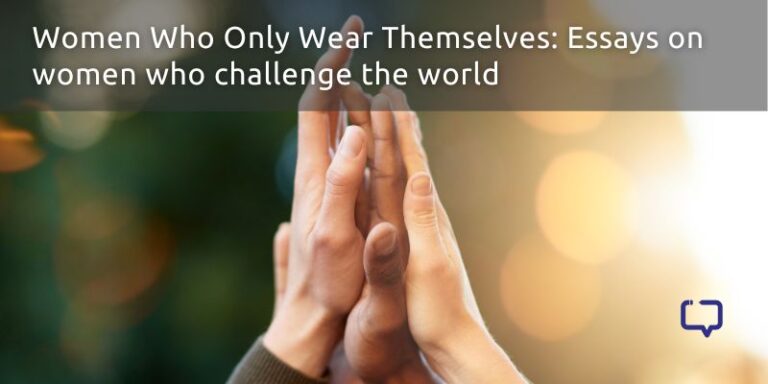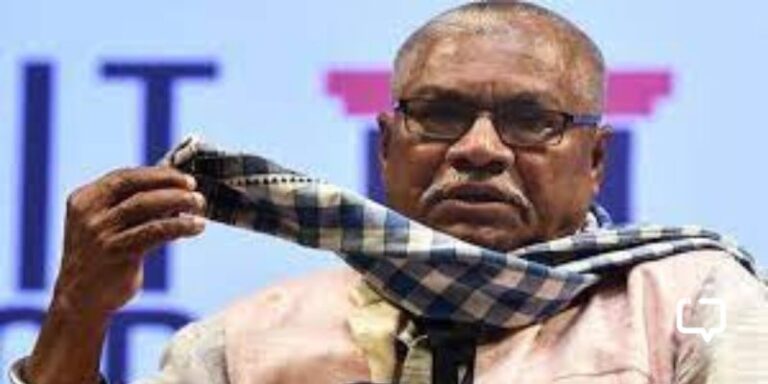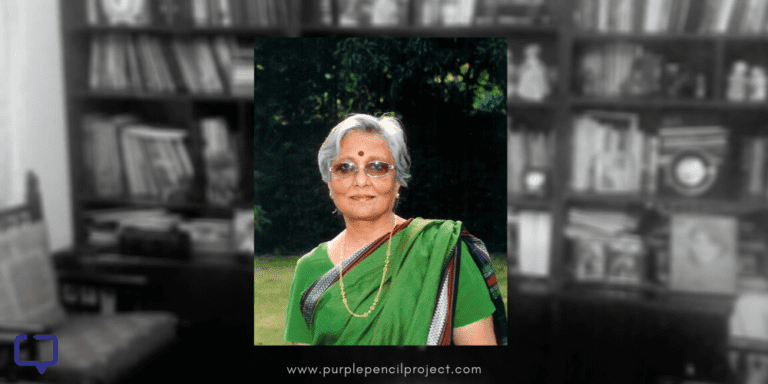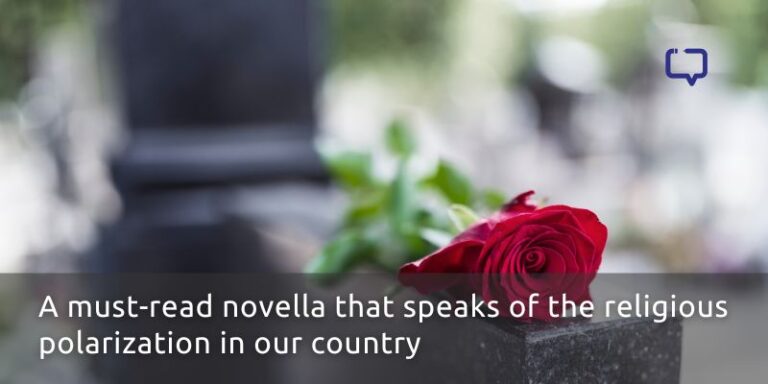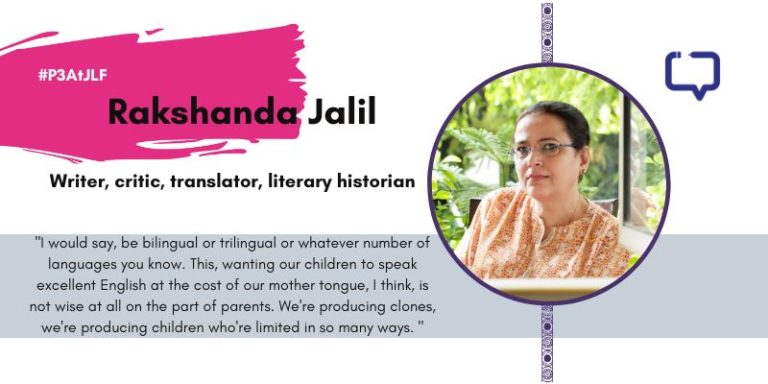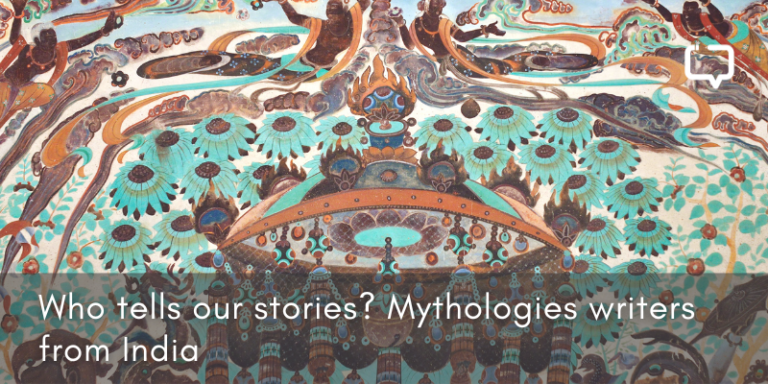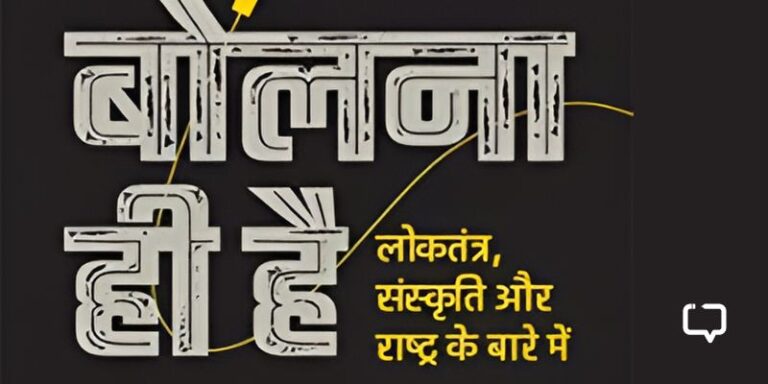Disha Chakraborthy reviews Shubnum Khan’s How I Accidentally Became a Global Stock Photo: and Other Strange and Wonderful Stories (Published by Pan MacMillan, 2021)
Introduction
Described as “part memoir, part travelogue, part love letter” by the author in the introduction to her book, Shubnum Khan’s How I Accidentally Became A Global Stock Photo: And Other Strange And Wonderful Stories is a feminist text at heart. Khan’s narrative can be described as a bildungsroman- a coming-of-age story with a witty yet empathetic take on gender discrimination, racial prejudice, Islamophobia, social media infiltration, and above all reconnecting with oneself amidst all the chaos.
Also labeled as a travelogue, Khan humorously and unabashedly confides in the reader her experiences of traveling alone across the world as a single, unmarried Muslim woman hailing from South Africa. Khan’s voice is resplendently heard throughout the text as she strikes a universal chord of shared grief, empathy, and experiences which makes her book all the more enriching and worthwhile.
We encourage you to buy books from a local bookstore. If that is not possible, please use the links on the page and support us. Thank you.
Not only does Shubnum Khan explain how she indeed becomes a global stock photo but also touches upon the necessity of decolonisation. Khan’s text becomes an exercise in freeing cultures, practices, language, and most importantly the particularities and administrative procedures undertaken in order to travel from the Global South to the First World, from its essential Western ethics that are followed in order to cater to the comfort of the White race.
The book, therefore, refuses to be ascribed under any single title or genre.
Navigating Through Childhood and Sisterhood
Shubnum Khan starts off the text with predominant questions of national identity, religion, class conflict, and girlhood that dominated her childhood. Brought up in a fairly progressive yet religious Indian-Muslim family residing in South Africa, Khan touches upon the topics of apartheid, racial segregation in her South African neighborhood, and the intense emotional experience of growing up with three elder sisters.
Khan addresses her birth as a “tragedy” by alluding to the rampant desire for a boy child in orthodox Muslims.
Thus, Khan refers to how being the fourth born in a family of all girls socially affected her and her parents. Yet, Khan shared an affectionate relationship with her father with whom she could freely learn about commonly tabooed subjects such as menstruation while her mother and sisters endeared her to the habit of rigorously reading books.
Khan foregrounds the importance of educating daughters and educating each other as a learning experience for survival in an essentially patriarchal world by proudly declaring that “We were a family of girls who devoured books.”
Recommended Reads: Sindhu Rajasekaran on storytelling, the feminist gaze, and more
The essence of storytelling is also emphasized as Khan draws from a rich tradition of oral narratives and children’s literature encountered in her childhood which fashions her book. For Khan, magic is always around the corner as she recounts memories of being hooked to X-files, Titanic, and Roald Dahl’s work in her formative years.
Khan, with her distinct humourous voice, pens her experiences with navigating friendships, the newfound love interests of her sisters, and how having sisters helped her feel more accepted and less alone down the years.
Khan’s father plays a significantly important role in her narrative. She describes him as a religious man harbouring utmost kindness, compassion, and fairly progressive ideals which were passed down to the young, impressionable Shubnum.
Shubnum Khan’s Youth, Turbulent Flights, and Fame
Throughout the narrative, Khan is extremely conscious of her diverse and sometimes confusing identity as a South African Muslim woman with roots in India who, unlike her sisters, is unmarried. The second half of her book is strung together with tales of her mishaps and misadventures with immigrant officers and co-passengers on flights.
With great detail and caution, Khan delves into the prejudice and intrusive questioning based upon meager, false research that she faced from the Canadian embassy in South Africa. Such experiences kept following her whenever she attempted other trips yet the initial experience did not derail her enthusiasm or stop her from forging connections with strangers or exploring the nooks and crannies of the world for herself.
Shubnam Khan writes,
“As someone with origins in two countries steeped in violence against women, I am always thinking about safety.”
The very obstacles, therefore, become passionate driving forces for Khan as she volunteers in the hills in India and then takes up writing residencies in the US and China. Her book becomes a palimpsest documenting and immortalising all the strangers, named and unnamed, that Shubnam Khan crossed paths with only to make the readers believe again that kindness is a universal force and encountering it across the world in the most unexpected stranger is nothing less than magic.
Khan not only stresses the idea of being an independent woman, in command of her agency and body but also evokes the importance of writing and sharing one’s grief with loved ones or reconnecting with one’s faith.
Khan’s narratorial voice in the book figures as a critique of the pros and downsides of social media culture as well. She talks about how social media connectivity enabled her to forge quality friendships with people all around the world- whether it be an old, retired teacher from Canada or a young man in India who helped her escape from an apartment after an earthquake!
Similarly, Khan cautions the reader against the perils of hyperconnectivity and digital dominance in our lives- the most pertinent example being the incident of volunteering for photographs for a college project which resulted in severe identity theft.
Khan relays her astonishment at finding her picture pasted on billboards or websites around the world selling everything from carpets and condos to educational courses under fake identities.
Her identity as an unmarried Muslim woman and as a published international author is jeopardised as people bombard her with messages of having seen her smiling face in nondescript adverts.
Shubnam Khan’s Identity, Ethnicity and Nationality
Her experience with having become a global stock photo overnight makes Khan confront the perils of unwanted fame and how that impacts a young Muslim woman hailing from a fairly conservative extended family who question Khan’s decision to remain unmarried yet travel, unaccompanied by a male, on her own.
Khan thus deconstructs the fluidity of her ethnicity and identity. She identifies how her appearance was fashioned into that of an everyday harmless immigrant whose fabricated voice is being capitalised on by companies.
The book raises difficult questions about skin orientation and plurality of identity- features that passed Shubnam Khan off as a wannabe harmless immigrant. Khan posits this fabricated narrative, emerging from the popularity of her global stock photo, against her gritty experiences with immigration officers where she was held as a Muslim woman, an emblem of Islamophobia.
Near the end of her text, Shubnum Khan embraces her diverse national identity which betrays any singularity of origin or nationhood. The experience, coupled with her love for traveling and making herself at home anywhere around the world, inspires Khan to identify herself as a world citizen- epitomising virtues such as empathy, fraternity, and compassion unrestricted by race or language as her pivotal strengths.
Khan’s book, apart from being a text charged with intersectional feminism and Global South politics, also becomes a non-academic endeavor at decolonisation of everyday affairs. Khan identifies how the personal is always political as she critically analyses her everyday experiences of prejudice or bias by conflating the individual experience with the national and the universal.
This is where Khan’s text becomes a decolonial exercise lacking the dreariness and ostentatious language of most paywalled, academic papers. Khan’s narrative is a product of both research and lived experiences which is sure to strike a chord with the reader and initiate more discussions on what constitutes nationhood, feminism, decolonialism, and religious identity amongst others.
Favourite Quotes
“The world is full of answered prayers and magic and extraordinary things.”
“When you step off the edge anything can happen.”
Have you read this feminist text at heart? What do you think of it? Drop a comment below and let us know!











